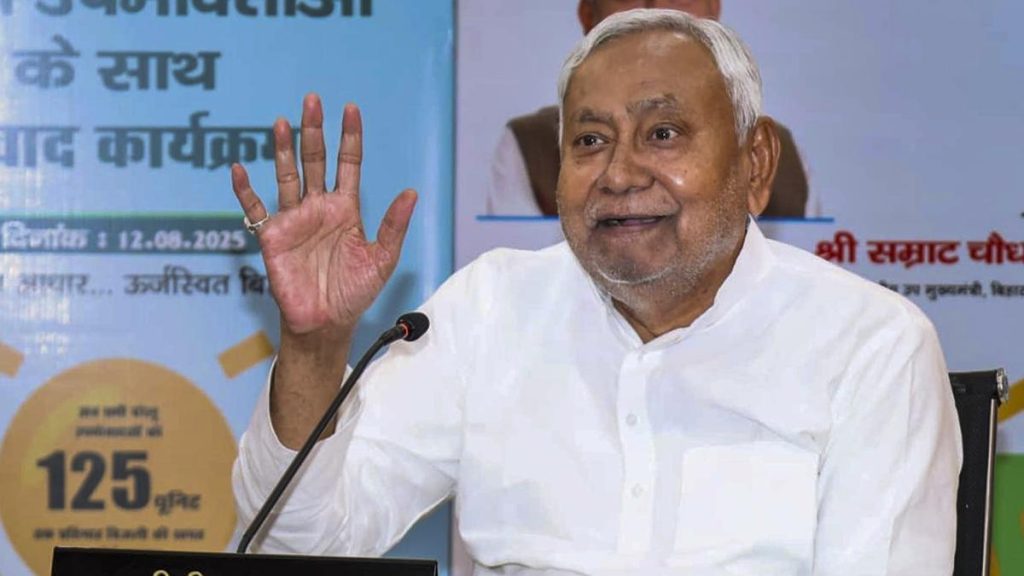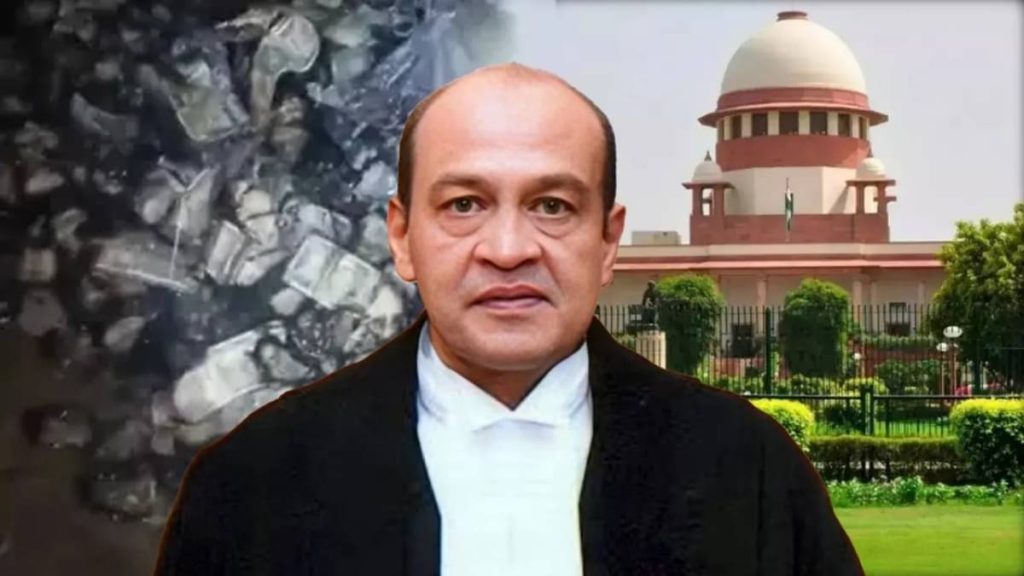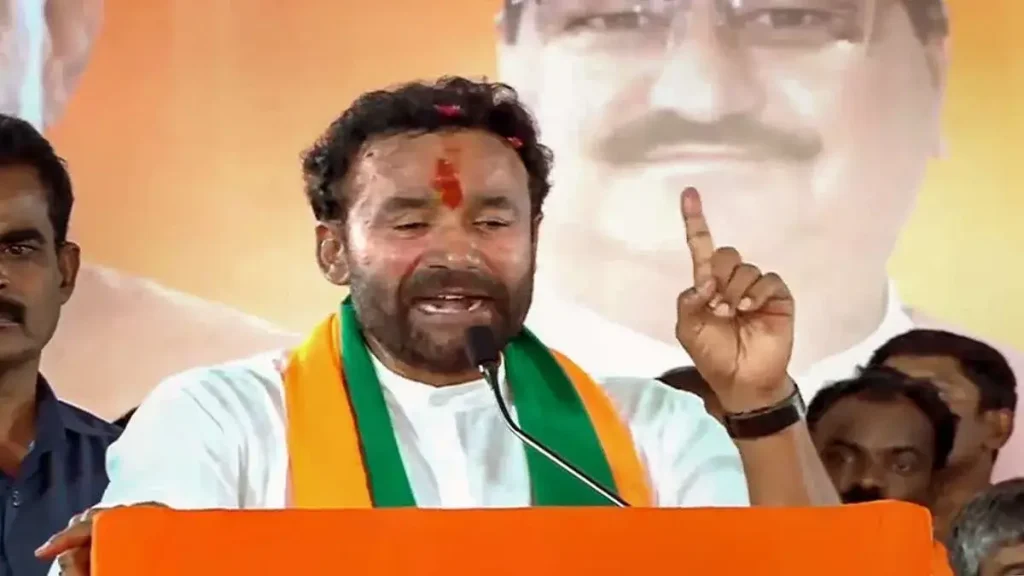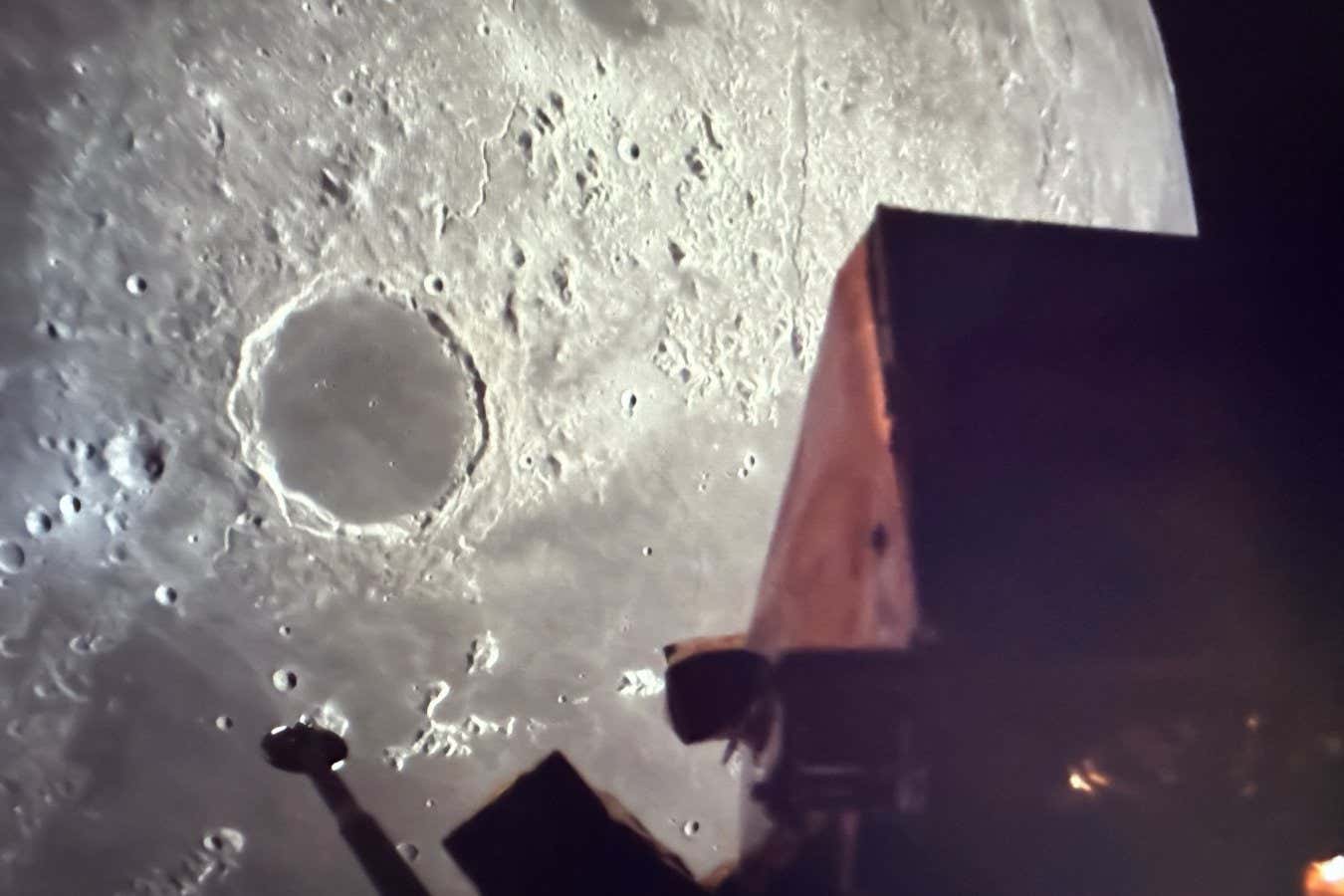Now Reading: Scientists Uncover Possible First Stars Fueled by Dark Matter
-
01
Scientists Uncover Possible First Stars Fueled by Dark Matter
Scientists Uncover Possible First Stars Fueled by Dark Matter
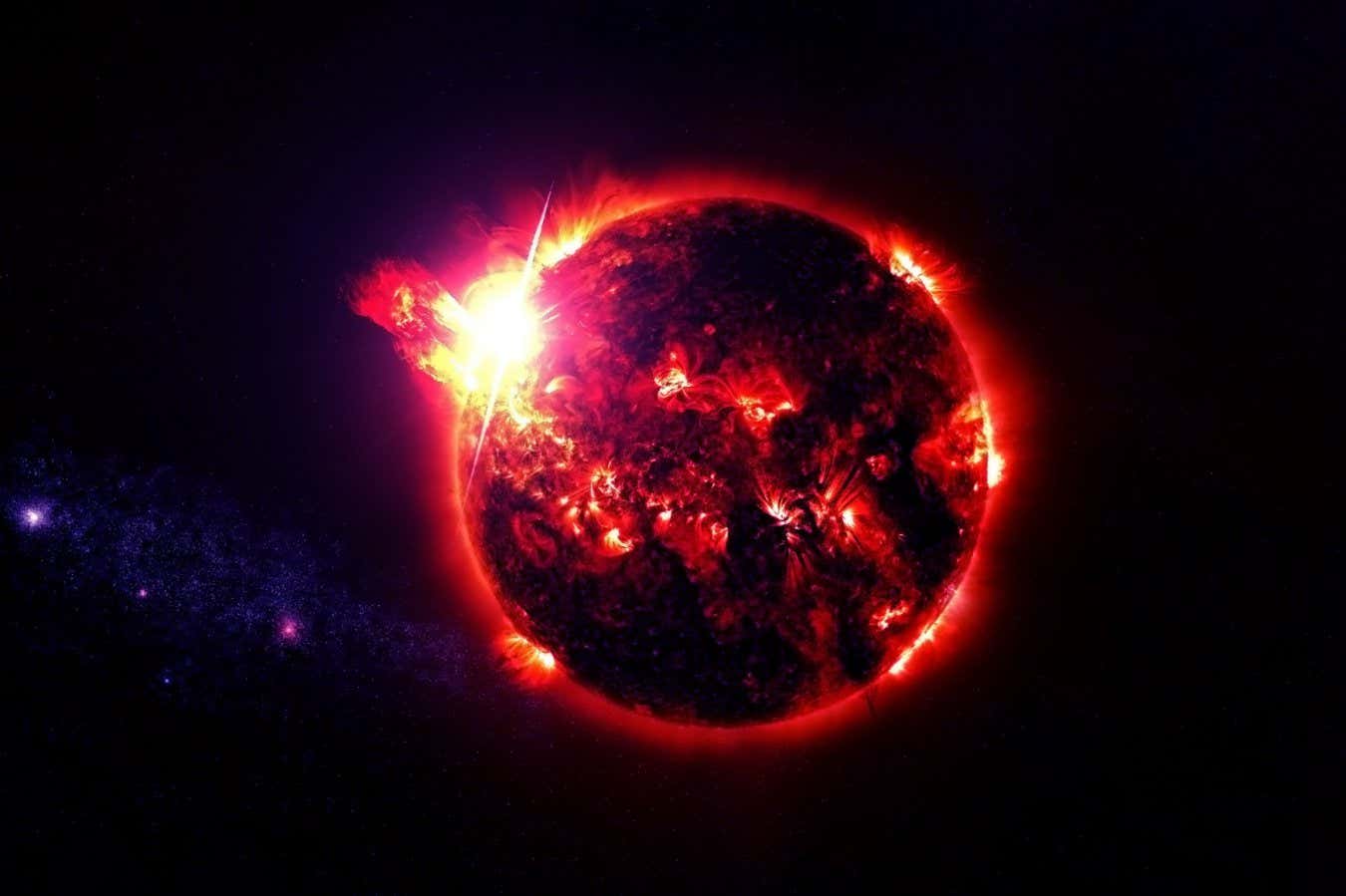
Swift Summary
- Discovery: Astronomers may have found evidence for the existence of dark stars, unusual stars in the early universe powered partially by dark matter.
- Dark Star Hypothesis: Proposed in 2007 by Katherine Freese and colleagues; these stars form when hydrogen and helium clouds mix with self-annihilating dark matter, preventing collapse into black holes.
- JWST Observations: In 2022, the James Webb Space Telescope identified luminous distant objects resembling potential dark star candidates. new spectroscopic data strengthens this theory but remains inconclusive.
- Helium Marker: One candidate features a unique type of helium missing an electron-a potential identifier for dark stars-though this evidence is limited.
- Scientific Debate: Daniel Whalen of the University of Portsmouth offers alternative interpretations such as supermassive primordial stars without dark matter.Oxygen identified in related observations raises questions about mixed-star formations or challenges to the dark star theory.
- implications: Proving their existence could provide answers to unresolved issues, such as why large black holes were able to form shortly after the Big Bang.
Indian opinion Analysis
The emerging research on potential “dark stars” represents a meaningful step forward in understanding cosmic mysteries from India’s perspective due to its thriving astrophysics community that collaborates globally on theoretical and observational projects. While there is still debate between competing theories (dark stars vs. supermassive primordial ones), confirmation could reshape our understanding of star formation mechanisms under extreme conditions.
India’s ongoing investments in space exploration, coupled with initiatives like ISRO missions focusing on astronomy and astrophysics, meen findings like these may influence future collaborations or inspire new scientific avenues within Indian institutions. Furthermore, this discovery highlights how advancements like JWST revolutionize our ability to peer into remote corners of space-time-a growing challenge India seeks actively through its own telescope projects aiming at building capacity for deep-sky observation critical topics matching global peers inclusionally !




